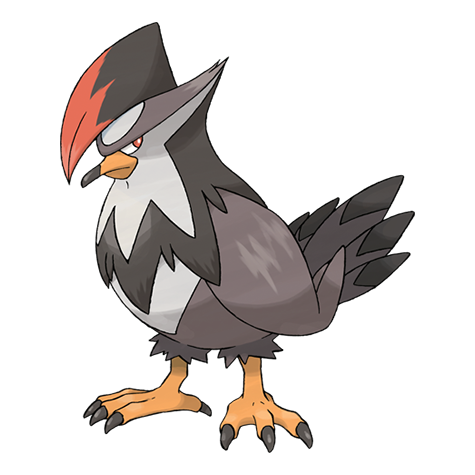I heard something to do with Nitrogen and …cow farts(?) I am really unsure of this and would like to learn more.
Answer -
4 Parts
- Ethical reason for consuming animals
- Methane produced by cows are a harmful greenhouse gas which is contributing to our current climate crisis
- Health Reasons - there is convincing evidence that processed meats cause cancer
- it takes a lot more calories of plant food to produce the calories we would consume from the meat.
Details about the answers are in the comments


To learn more about the environmental impact of meat consumption, I recommend this Our World in Data article: https://ourworldindata.org/environmental-impacts-of-food
I would highlight this chart: https://ourworldindata.org/environmental-impacts-of-food#interactive-charts-on-environmental-impacts-of-food-production
For example, getting 100 g of protein from beef emits ~ 50 kg of CO2. Getting 100 g of protein from tofu only emits ~ 2 kg of CO2.
animals are fed parts of plants that people can’t or won’t eat. all of the studies about the ecological impacts ignore this fact and then attribute the water used to produce, say, cotton to beef.
This is simply not true. Globally, 77% of the land area that’s used for agriculture is used either by livestock or to grow food to feed to livestock (such as corn and soy). Only 23% is used for crops for direct human consumption (1): This makes sense intuitively: If I feed a cow 1 kcal of energy, it will create way less than 1kcal of energy to be consumed. In fact, beef has an energy efficiency of 1.9%. This means, for every 100 kcal the cow eats, you only get out 1.9 kcal (2). Otherwise, cows would defy the laws of physics. Do you really think that the 74 billion chicken, 620 million sheep and 330 million cattle that we slaughter each year for meat just are fed human-food leftovers? (3)
1: https://ourworldindata.org/global-land-for-agriculture 2: https://ourworldindata.org/meat-production#energy-conversion-efficiency 3: https://ourworldindata.org/meat-production#livestock-counts